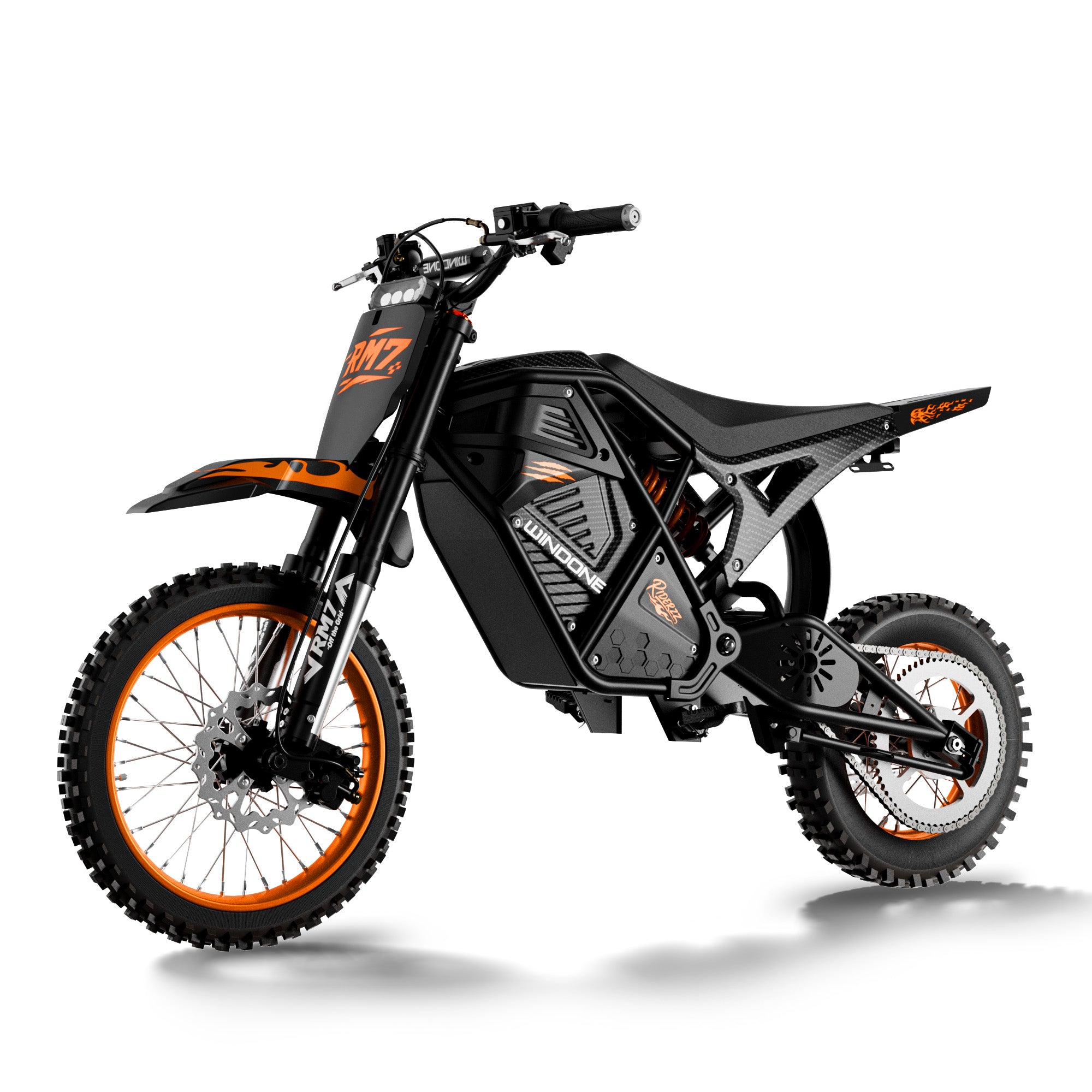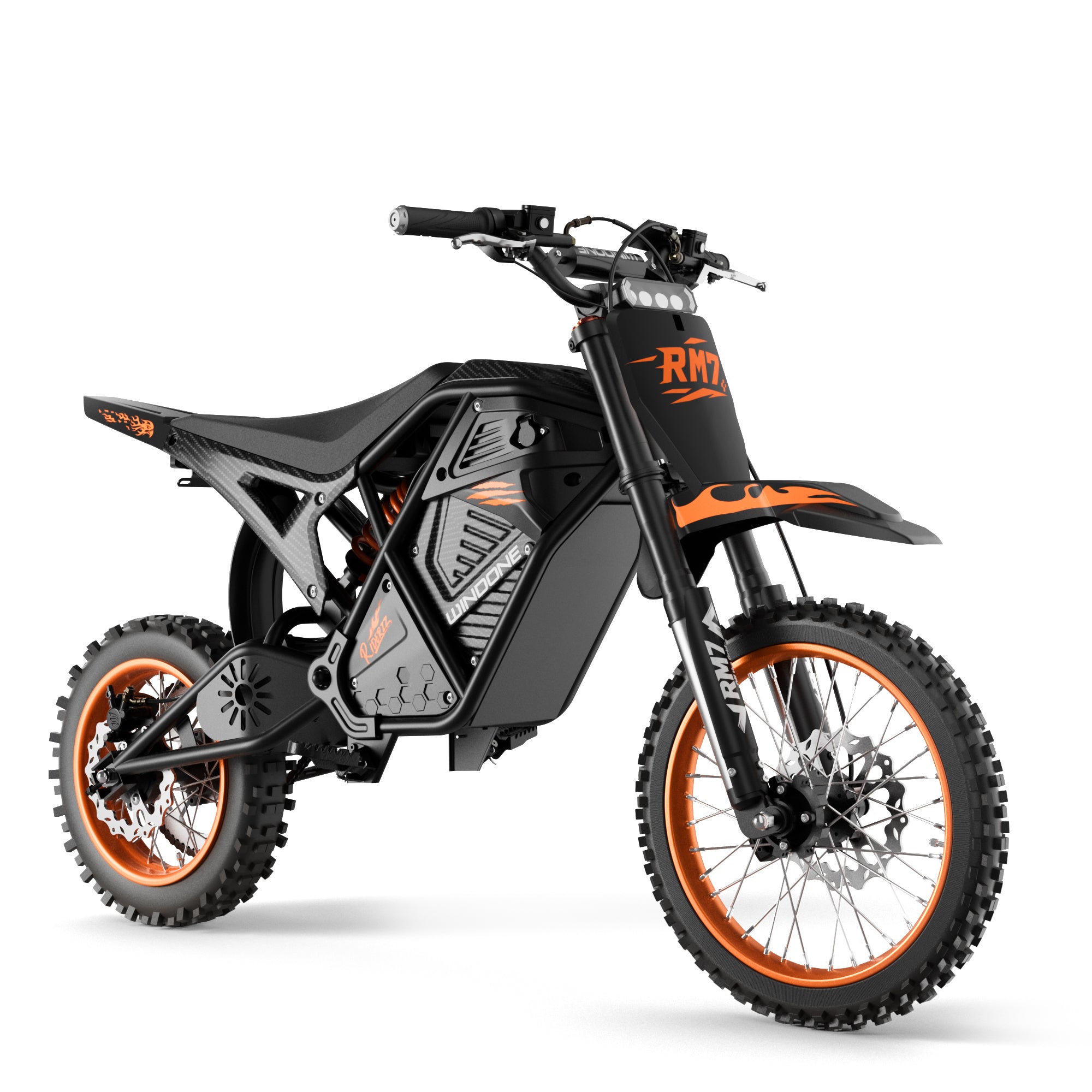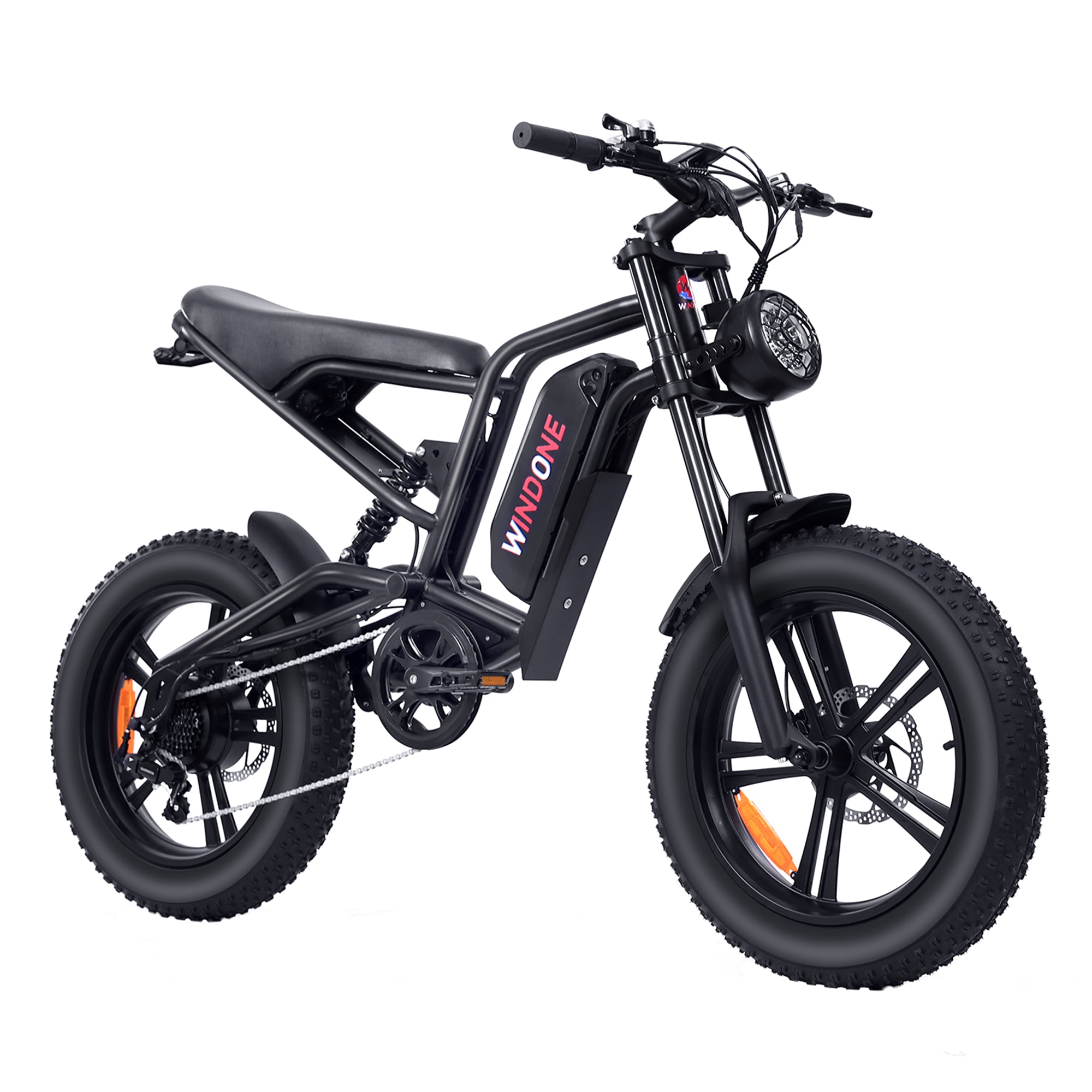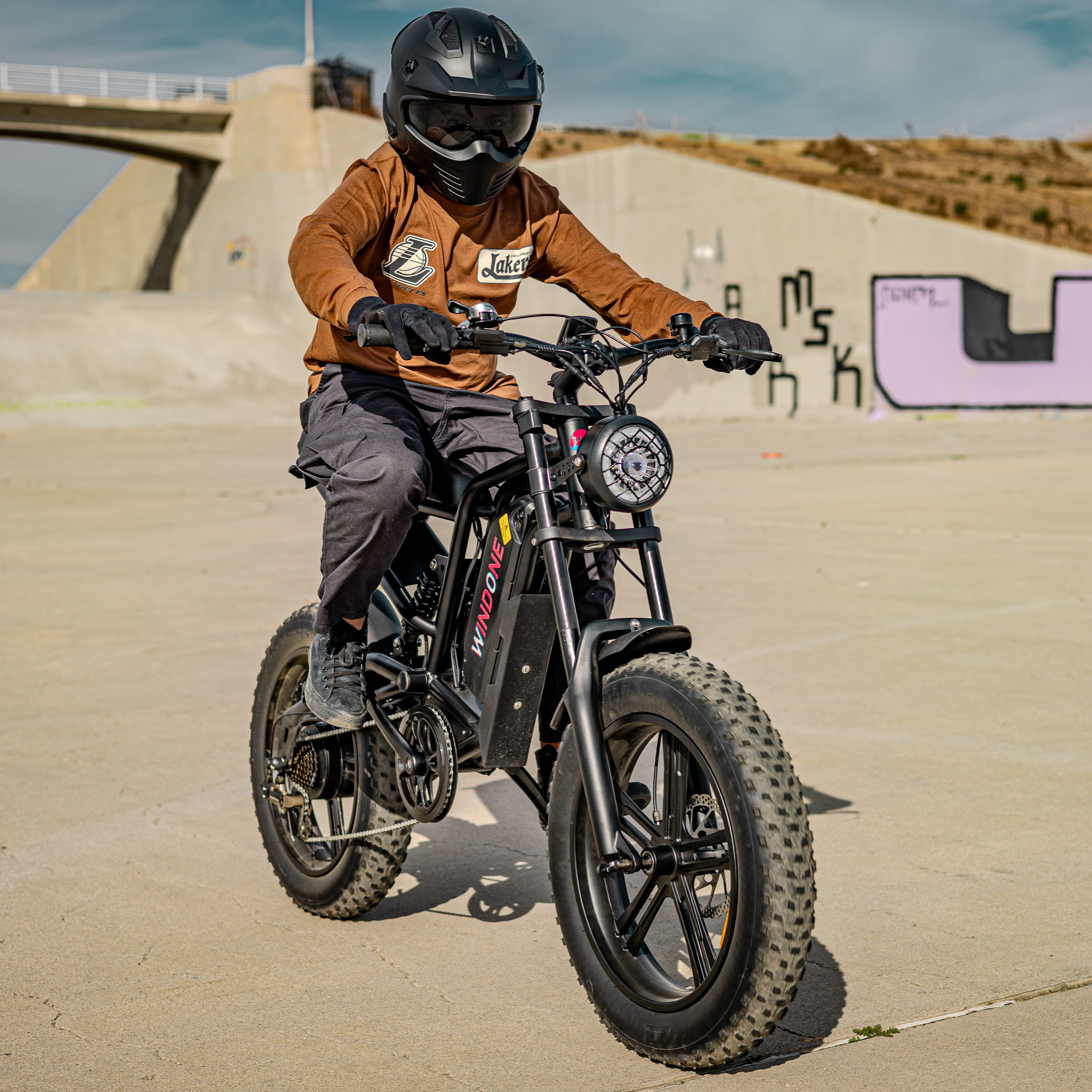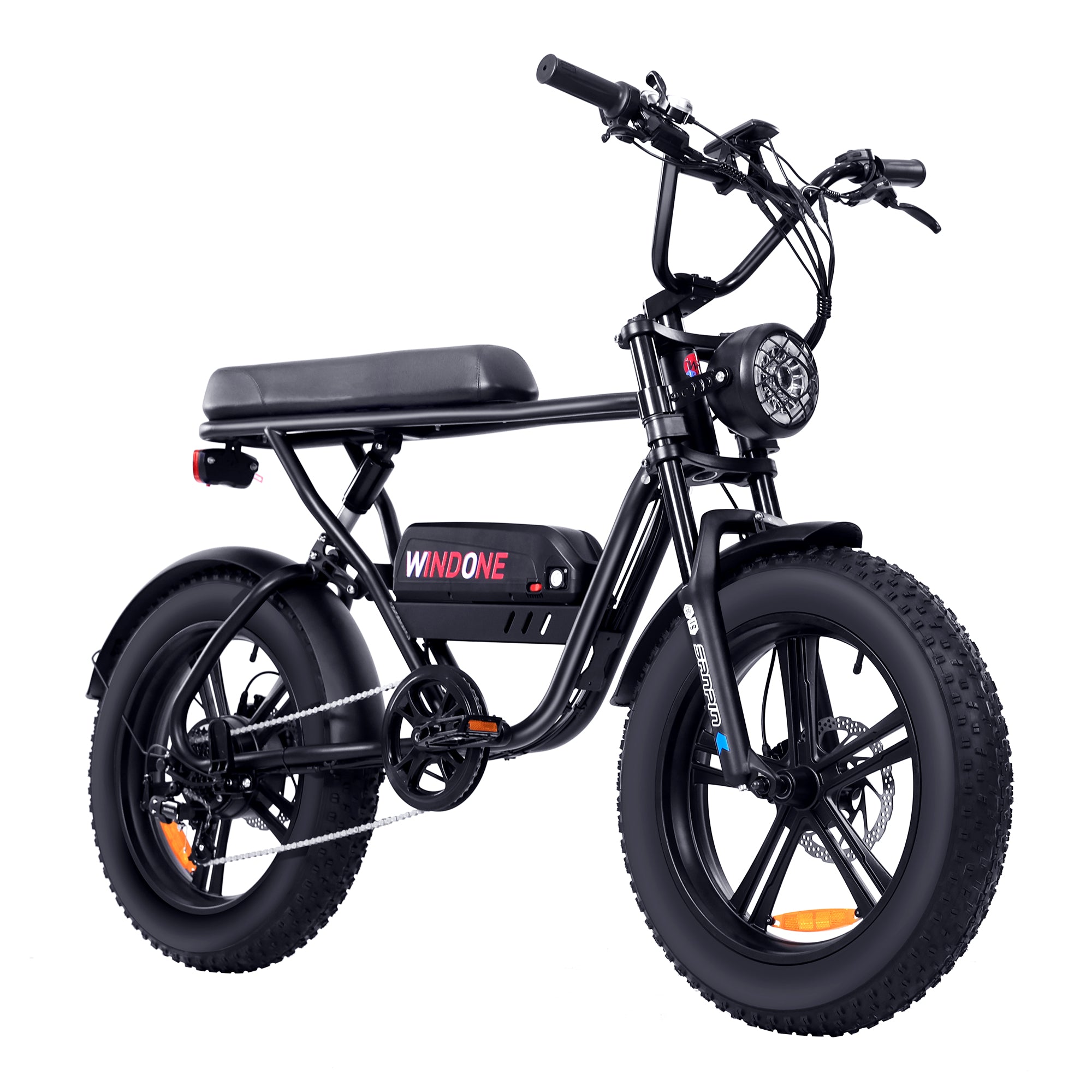Are you curious about how much an electric bike costs? The price can vary widely, depending on what you’re looking for. Entry-level electric bikes are affordable, starting at just $500, while high-end e-bikes can go well beyond $5,000. On average, the price of an e-bike sold in the U.S. in 2022 was $1,825, which was 10% cheaper than the year before. Whether you’re eyeing a commuter e-bike or a specialty electric bicycle, there’s a price range for every budget. Finding the right balance between cost and features is key to making the most of your investment.
Key Takeaways
-
Electric bikes cost between $500 and over $5,000. Your budget helps you pick the right one.
-
Things like battery size, motor type, frame material, and brand affect the price. These parts also change how the bike works.
-
E-bikes cost less for upkeep, charging, and parts than cars. They are a cheaper way to travel.
-
Pick an e-bike by thinking about how you will use it. Compare features to find the best one for you.
-
A good e-bike saves money over time and helps the planet. It cuts fuel costs and lowers pollution.
Factors That Influence Electric Bike Cost
When it comes to understanding electric bike cost, several factors play a role. From the battery to the frame, each component impacts the price. Let’s break it down so you can see what you’re paying for.
Battery Size and Quality
The battery is one of the most expensive parts of an e-bike. Its size and quality directly affect the price. Larger batteries provide more range, which is great if you plan to ride long distances. However, they also cost more. For example, a high-capacity battery can add anywhere from $300 to $1,500 to the overall price of an electric bike. The type of cells used in the battery also matters. Premium brands like Samsung or LG tend to be more reliable but come with a higher price tag.
Tip: If you’re a casual rider, you might not need the largest battery. A smaller one could save you money without sacrificing performance.
Market demand also influences battery costs. As more people buy e-bikes, manufacturers face higher competition, which can drive prices up. Additionally, meeting regulatory standards for battery safety adds to production costs, which are reflected in the retail price.
Motor Type and Power
The motor is another key factor in determining the cost of an e-bike. Different motor types come with different price points. Mid-drive motors are more expensive because they offer better performance and higher torque. These motors are ideal for hilly terrains or off-road adventures. On the other hand, rear hub motors are more affordable and work well for flat city rides.
Motor power also affects the price. Higher wattage motors provide more speed and power but increase the overall cost. If you’re looking for a budget-friendly option, a lower-powered motor might be enough for your needs.
Frame Material and Design
The frame material plays a big role in both the cost and the ride quality of an e-bike. Aluminum frames are the most common and affordable option. They’re durable and lightweight, making them a great choice for most riders. However, they don’t absorb vibrations as well as other materials.
If you’re willing to spend more, carbon fiber frames offer a premium experience. They’re incredibly lightweight and strong, but they come with a higher price tag. Carbon fiber also allows for more creative designs, which is why you’ll often see it on high-end e-bikes. Titanium frames are another high-end option. They’re durable and comfortable but significantly more expensive.
-
Aluminum: Affordable and durable, but heavier.
-
Carbon Fiber: Lightweight and customizable, but costly.
-
Titanium: Strong and comfortable, but very expensive.
Note: If you’re new to e-bikes, an aluminum frame might be the best starting point. It balances cost and performance.
The design of the frame also matters. Sleek, aerodynamic designs often cost more because they require advanced manufacturing techniques. But if you’re just commuting, a simpler design might work just fine.
Brand Reputation
When it comes to electric bikes, the brand you choose can significantly impact the price. Well-known brands often charge more, but they also deliver better quality and reliability. You’re not just paying for a name; you’re investing in years of research, innovation, and customer support. Brands like Trek, Specialized, and Rad Power Bikes have built strong reputations by consistently offering high-performance e-bikes that last.
Smaller or newer brands might offer cheaper options, but they often cut corners to keep costs low. This could mean lower-quality components or limited customer service. If you’re looking for peace of mind, sticking with a reputable brand is usually worth the extra cost. Established companies also tend to offer better warranties, which can save you money on repairs down the line.
Tip: If you’re on a tight budget, look for sales or refurbished models from trusted brands. You’ll get quality without breaking the bank.
Additional Features and Technology
The features and technology packed into an e-bike can make a huge difference in its price. Advanced features like smart displays, app connectivity, and regenerative braking systems can add hundreds—or even thousands—of dollars to the cost. But these upgrades often enhance your riding experience and make your e-bike more efficient.
Here’s a quick look at some cutting-edge technologies that influence electric bike prices:
|
Technological Advancement |
Description |
|---|---|
|
Integration of AI and Smart Features |
AI-powered systems adjust power supply based on your riding style, improving efficiency and extending battery life. |
|
Lightweight and High-Energy Density Batteries |
New battery tech offers lighter weight, faster charging, and longer ranges, solving common e-bike challenges. |
|
Wireless Charging Solutions |
Forget plugging in! Wireless charging makes powering up your e-bike more convenient and hassle-free. |
|
Energy Harvesting and Regeneration |
Some e-bikes now capture energy from braking, giving you extra range without using more power. |
|
Augmented Reality (AR) and Heads-Up Displays (HUD) |
AR and HUD systems provide real-time navigation and safety alerts, keeping you informed while you ride. |
|
Lightweight and Durable Materials |
Advances in materials like carbon fiber and titanium make e-bikes lighter and more durable, though these materials come at a premium. |
|
Customization and Modular Designs |
Modular designs let you swap out parts or upgrade components, extending the life of your e-bike and giving you more flexibility. |
|
Increased Connectivity and Ecosystem Integration |
Smart connectivity features allow your e-bike to sync with apps or smart city infrastructure, offering real-time traffic updates and optimized routes. |
These innovations don’t just add to the cost—they also add value. For example, a lightweight battery might cost more upfront, but it can make your e-bike easier to handle and charge faster. Similarly, features like regenerative braking can save energy and reduce wear on your brakes, cutting down on maintenance costs over time.
Note: If you’re a tech enthusiast, investing in a high-tech e-bike could be worth it. But if you prefer simplicity, you can skip the bells and whistles and save some cash.
How Much Do E-Bikes Cost by Type

When shopping for an e-bike, the type you choose plays a big role in determining the price. Different categories of electric bikes are designed for specific purposes, and their features and costs reflect that. Let’s explore some popular types and what you can expect to pay.
Commuter Electric Bikes
Commuter electric bikes are perfect for your daily rides to work or school. They’re built for comfort and efficiency, often featuring lightweight frames, upright seating, and accessories like fenders and racks. These bikes usually fall into the mid-range price category, costing between $1,000 and $3,000. However, you can find entry-level options under $1,000 if you’re on a tight budget.
Mid-range commuter e-bikes often include features like integrated lights, a decent battery range (around 30–50 miles), and a motor powerful enough to handle moderate hills. If you’re willing to spend more, premium models offer advanced features like app connectivity, longer battery life, and sleek designs. These can cost upwards of $3,000.
Tip: If you’re commuting in a flat city, a lower-powered motor and smaller battery might be all you need. This can save you money without sacrificing performance.
Mountain Electric Bikes
Mountain electric bikes, or e-MTBs, are built for adventure. They’re designed to handle rough terrains, steep climbs, and challenging trails. Because of their specialized features, they tend to be more expensive than commuter bikes. Entry-level models start around $1,500, while high-end options can exceed $5,000.
What makes mountain e-bikes pricier? It’s all about the components. These bikes often come with powerful mid-drive motors, high-capacity batteries, and advanced suspension systems. For example, a full-suspension e-MTB with a 750W motor and a 500Wh battery can easily cost $4,000 or more. If you’re serious about off-road riding, investing in a high-quality mountain e-bike is worth it.
Note: If you’re new to mountain biking, start with an entry-level model. You can always upgrade later as you gain experience.
Folding Electric Bikes
Folding electric bikes are all about convenience. They’re compact, portable, and ideal for city dwellers or travelers. These bikes are designed to fold up for easy storage, making them perfect for small apartments or public transportation. Prices for folding e-bikes vary widely, ranging from $800 to $3,000.
Entry-level folding e-bikes are affordable and great for short trips. They usually have smaller wheels and a basic motor, which keeps the cost low. Mid-range models offer better battery life and more comfortable designs, while premium options include lightweight materials and advanced features like app integration. If portability is your top priority, a folding e-bike is a smart choice.
Did you know? Folding e-bikes are becoming increasingly popular in urban areas. Their compact design makes them easy to carry onto buses or trains, saving you time and hassle during your commute.
Price Trends Across Categories
Here’s a quick look at how prices vary across different types of e-bikes:
|
Category |
Price Range |
Sales Contribution |
|---|---|---|
|
Entry-Level |
Under $1,000 |
30% |
|
Mid-Range |
$1,000–$3,000 |
50% |
|
Premium |
Above $3,000 |
20% |
As you can see, most e-bike sales fall into the mid-range category. This is where you’ll find the best balance between cost and features. Whether you’re looking for a commuter bike, a mountain bike, or a folding bike, there’s something for every budget.
Cargo Electric Bikes
Cargo electric bikes are the workhorses of the e-bike world. They’re designed to carry heavy loads, making them perfect for families, delivery services, or anyone who needs to transport goods. These bikes often feature sturdy frames, extended rear racks, and powerful motors to handle the extra weight. If you’re looking for a practical solution to replace your car for short trips, a cargo e-bike might be just what you need.
Prices for cargo e-bikes typically range from $2,000 to $6,000. Entry-level models are more affordable but may have limited carrying capacity or smaller motors. High-end options, on the other hand, come with advanced features like dual batteries for extended range, hydraulic brakes for better stopping power, and even child seats or weatherproof covers. These premium models can cost upwards of $5,000, but they offer unmatched versatility and durability.
Tip: If you’re planning to use a cargo e-bike for business purposes, consider it an investment. The savings on fuel and maintenance compared to a car can add up quickly.
Cargo e-bikes are also eco-friendly. By using an electric bike for your errands, you’re reducing your carbon footprint and contributing to a cleaner environment. Plus, they’re fun to ride! Whether you’re hauling groceries or taking your kids to school, a cargo e-bike makes the journey enjoyable.
Specialty Electric Bikes
Specialty electric bikes cater to niche markets and unique needs. These include fat-tire e-bikes for snowy or sandy terrains, tandem e-bikes for two riders, and even electric tricycles for added stability. Because of their specialized features, these bikes often come with a higher price tag. You can expect to pay anywhere from $3,000 to $10,000, depending on the model and its capabilities.
What makes specialty e-bikes so expensive? It’s all about the details. Let’s take a closer look at some of the features that set them apart:
|
Feature |
Specialized |
Giant |
|---|---|---|
|
Motor Power |
Up to 560 W peak, 250 W nominal |
SyncDrive motor for consistent power |
|
Materials |
Advanced materials, including carbon frames |
6061 aluminum alloy frames |
|
Battery Charge Times |
Fast-charge to 80% in 2-3 hours |
EnergyPak System, 80% in 2.2 hours |
Specialized e-bikes often use advanced materials like carbon fiber for lightweight frames or titanium for extra durability. They also feature powerful motors and fast-charging batteries, making them ideal for demanding conditions. For example, a fat-tire e-bike might have a 750W motor to tackle rough terrain, while a tandem e-bike could include reinforced frames to support two riders.
Did you know? Some specialty e-bikes even come with unique features like built-in GPS, heated handlebars, or solar charging panels. These innovations make them stand out but also contribute to their higher cost.
If you’re considering a specialty e-bike, think about your specific needs. Are you riding in extreme weather? Do you need extra stability? By choosing the right model, you’ll get the most value for your money.
Cost of Investing in E-Bikes: Ongoing Expenses
When you buy an ebike, the initial price isn’t the only cost to consider. Like any vehicle, electric bikes come with ongoing expenses. Let’s break down the main ones so you can plan your budget wisely.
Maintenance and Repairs
Keeping your ebike in good shape doesn’t have to break the bank. Regular maintenance is recommended every six months or after 500 miles of riding. This typically costs between $75 and $120. Maintenance includes checking the brakes, tires, and drivetrain to ensure everything runs smoothly. If you ride often or in tough conditions, you might need more frequent tune-ups.
Repairs can add to the cost, especially if you need to replace parts like the motor or battery. However, ebikes generally have lower maintenance costs compared to cars or even traditional bikes. Their electric components are simpler and don’t require oil changes or complex repairs. For example, businesses that rent ebikes find that regular assessments and timely battery replacements help manage repair costs effectively.
Tip: To save money, clean your ebike regularly and store it in a dry place to prevent rust or damage.
Battery Charging Costs
Charging your ebike is surprisingly affordable. For a 500Wh battery, the cost to fully charge is around 30 cents, depending on your electricity rate. Here’s a simple formula to estimate your charging cost:
Cost to Charge = (Battery Capacity in kWh) × (Electricity Rate)
For example, if your battery has a capacity of 0.6528 kWh and your electricity rate is 13 cents per kWh, it would cost about $0.0849 to fully charge. Over 1,000 miles, charging costs range from $1.28 to $4.28. That’s a fraction of what you’d spend on gas for a car!
Did you know? Charging costs are so low that they’re almost negligible compared to other expenses. It’s one of the reasons ebikes are such a cost-effective transportation option.
Replacement Parts
Over time, you’ll need to replace certain parts of your ebike. The most significant expense is the battery, which typically lasts 700 to 1,000 charge cycles. Replacing a battery can cost anywhere from $350 to over $800, depending on the brand and capacity. Other parts like tires, brake pads, and chains also wear out but are relatively inexpensive to replace.
Here’s a quick look at common replacement costs:
|
Part |
Estimated Cost Range |
|---|---|
|
Battery |
$350–$800+ |
|
Tires |
$30–$100 each |
|
Brake Pads |
$20–$50 per set |
|
Chain |
$15–$50 |
Note: Investing in high-quality parts can save you money in the long run by reducing the frequency of replacements.
By understanding these ongoing expenses, you can better plan for the cost of investing in e-bikes. While there are costs to consider, the savings on fuel and maintenance compared to cars make ebikes a smart and sustainable choice.
Warranty and Insurance
When buying an electric bike, you’ll want to think about warranty and insurance. These two factors can save you money and headaches in the long run. Let’s break them down so you know what to expect.
Warranty: What’s Covered?
Most e-bikes come with a warranty, but the coverage can vary. A standard warranty usually lasts 1–2 years and covers major components like the motor, battery, and frame. Some brands even offer extended warranties for an additional cost. This can be a smart move if you plan to use your e-bike frequently or for long distances.
Manufacturers use statistical models to predict warranty costs. They analyze things like how often bikes break down, repair expenses, and product lifespan. These insights help them decide how much to set aside for warranty claims. For you, this means peace of mind knowing that your investment is protected.
Tip: Always read the fine print. Some warranties exclude wear-and-tear items like tires and brake pads, so it’s good to know what’s included.
Do You Need Insurance?
Insurance for e-bikes isn’t mandatory, but it’s worth considering. It can cover theft, damage, or even liability if you’re involved in an accident. Costs vary depending on the bike’s value and your location, but basic policies start at around $100 per year. Some home insurance policies may already include e-bike coverage, so check with your provider.
|
Coverage Type |
What It Protects Against |
Estimated Cost |
|---|---|---|
|
Theft Protection |
Stolen bike replacement |
$100–$300/year |
|
Damage Coverage |
Repairs after accidents |
$150–$400/year |
|
Liability Insurance |
Injury or property damage |
$200–$500/year |
Did you know? Some insurers offer discounts if your e-bike has anti-theft features like GPS tracking or a secure lock.
By understanding warranty and insurance options, you can ride with confidence. These protections ensure that unexpected costs won’t derail your e-bike experience.
Choosing the Right Electric Bicycle for Your Budget

Assessing Your Budget
Before diving into the world of ebikes, it’s important to figure out how much you’re willing to spend. Start by setting a realistic budget that aligns with your financial situation. Electric bikes come in a wide price range, so knowing your limits will help narrow down your options.
Here’s a quick breakdown of potential expenses to consider:
|
Expense Category |
Estimated Cost Range |
|---|---|
|
Brand Development |
$500 - $2,000 |
|
Digital Marketing |
Starting from $1,000 |
|
Content Creation |
$1,000 - $3,000 |
|
Website Development |
$2,000 - $10,000 |
|
Promotional Materials |
$300 - $1,000 |
While this table highlights costs for businesses, it’s a good reminder that investing in a quality ebike is a budget-friendly investment in the long run. You’ll save on gas, parking, and even public transportation fees.
Tip: If you’re looking for budget-friendly options, consider refurbished or last-season models. They often come with great features at a lower price.
Identifying Your Riding Needs
Your riding habits play a big role in choosing the right ebike. Are you commuting to work, exploring mountain trails, or running errands around town? Each type of ebike is designed for specific purposes, so understanding your needs will help you make the best choice.
Research shows that ebike users often replace car trips with bike rides, leading to increased physical activity and reduced transportation costs. For example:
|
Study Title |
Key Findings |
|---|---|
|
Study on e-bike exercise levels |
E-bikers engage in similar exercise levels as traditional cyclists, use bikes more frequently, and often replace car or public transport trips with e-bike rides. |
If you’re commuting, a lightweight commuter ebike with a smaller motor might be perfect. For off-road adventures, a mountain ebike with a powerful motor and suspension system is ideal.
Did you know? E-bikes can also cater to health-conscious riders. Studies show they encourage more frequent use, which can improve fitness levels over time.
Comparing Features and Specifications
Once you’ve set your budget and identified your needs, it’s time to compare features. Look at the motor type, battery capacity, frame material, and additional tech features. These factors directly impact performance and cost.
For example, a mid-drive motor offers better torque for hilly terrains, while a rear hub motor is more affordable and works well for city rides. Similarly, a high-capacity battery provides longer range but adds to the price.
Note: Don’t get overwhelmed by fancy features. Focus on what you’ll actually use. A simpler model might meet your needs and save you money.
Comparing specifications side by side can help you find the best value. Remember, the right ebike isn’t just about the price—it’s about how well it fits your lifestyle.
Reading Reviews and Test Riding
Before buying an electric bike, you should always read reviews and, if possible, take a test ride. Reviews give you real-world insights into how a bike performs. They can highlight strengths, weaknesses, and potential issues that might not be obvious from the product description. Look for reviews from people who have similar riding needs as you. For example, if you’re commuting daily, check what other commuters say about the bike’s battery life and comfort.
Tip: Don’t just rely on star ratings. Read detailed reviews to understand why people liked or disliked the bike.
Test riding is just as important. It’s the best way to see if the bike feels right for you. Pay attention to how the bike handles, how comfortable the seat is, and how easy it is to use the controls. Try riding on different terrains if possible. This will help you understand how the bike performs in real-world conditions.
If you’re buying online, check if the brand has a return policy or a trial period. Some companies let you test the bike for a few days before committing. This can give you peace of mind, especially if you’re spending a lot of money.
Did you know? Many local bike shops offer test rides for free. It’s a great way to try multiple models without any pressure to buy.
Evaluating Long-Term Value
When choosing an electric bike, think about its long-term value. A cheaper bike might save you money upfront, but it could cost more in repairs and replacements over time. High-quality bikes often last longer and require less maintenance. They’re usually worth the extra investment.
Consider the bike’s warranty and the availability of replacement parts. A good warranty can save you money on unexpected repairs. Bikes from well-known brands often have better support and easier access to parts. This can make a big difference if something breaks down.
Note: A durable frame and reliable motor can extend the life of your bike, giving you better value for your money.
Think about how you’ll use the bike. If you’re commuting daily, a model with a long-lasting battery and sturdy tires might be worth the higher price. For occasional riders, a simpler bike could be a smarter choice. By focusing on your needs and the bike’s quality, you’ll get the most out of your investment.
Tip: Calculate the cost per ride. Divide the bike’s total cost by the number of rides you expect to take. This can help you see the true value of your purchase.
Electric bicycles offer a wide range of prices, making them accessible to various budgets and needs. Whether you're looking for an entry-level model or a high-end e-bike, understanding the factors that influence electric bike cost—like battery size, motor type, and frame material—can help you make an informed decision. Don’t forget to account for ongoing expenses like maintenance and charging, which are minimal compared to traditional vehicles.
Investing in a quality electric bike can deliver long-term benefits. For instance:
-
Users save a combined $91 million monthly by switching to e-bikes, thanks to reduced fuel and maintenance costs.
-
E-bikes can cut car CO2 emissions by up to 50%, contributing to a cleaner environment.
The global e-bike market is also booming, with projected revenue expected to reach $51.78 billion by 2029. Here's a snapshot of the growth:
|
Statistic Description |
Value |
|---|---|
|
Projected global e-bike market revenue by 2029 |
|
|
Expected CAGR from 2024 to 2029 |
Approximately 8% |
|
Estimated market size by 2024 |
USD 32 billion |
|
Projected growth in e-bike units by 2030 |
From 40 million to 77 million |
Choosing the right electric bicycle means balancing your budget, riding needs, and long-term value. While the average electric bike cost might seem high initially, the savings and sustainability benefits make it a worthwhile investment. So, whether you're commuting, exploring, or running errands, an e-bike can transform your daily life with convenience and eco-friendliness.
FAQ
What is the average lifespan of an electric bike battery?
Most e-bike batteries last between 3 to 5 years or around 700 to 1,000 charge cycles. Proper care, like avoiding extreme temperatures and overcharging, can extend its life.
Tip: Charge your battery when it’s around 20–30% for better longevity.
Are electric bikes waterproof?
E-bikes are water-resistant, not fully waterproof. You can ride in light rain, but avoid submerging the motor or battery. Always check the manufacturer’s guidelines for water resistance levels.
Note: Dry your bike after wet rides to prevent rust or damage.
How far can an electric bike go on a single charge?
The range depends on the battery size, motor efficiency, and terrain. Most e-bikes cover 20–50 miles per charge. High-end models with larger batteries can go up to 100 miles.
Did you know? Pedaling along with the motor can extend your range significantly.
Do I need a license to ride an electric bike?
In most places, you don’t need a license for e-bikes with a top speed of 20 mph or less. However, laws vary by location, so check your local regulations.
Tip: Wear a helmet and follow traffic rules for a safer ride.
Can I ride an electric bike without using the motor?
Yes, you can pedal an e-bike like a regular bicycle. The motor assists only when you activate it. This makes e-bikes versatile for both exercise and commuting.
Fun Fact: Riding without motor assistance can help conserve battery power for longer trips.







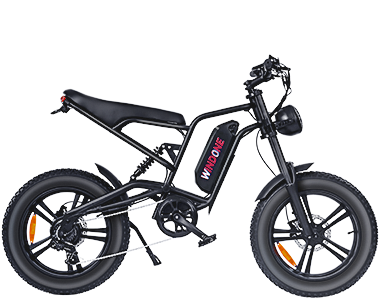
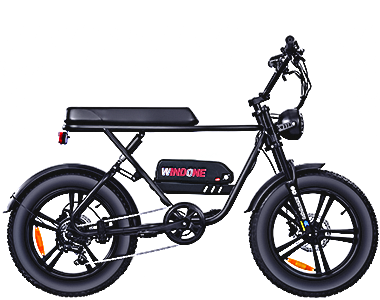
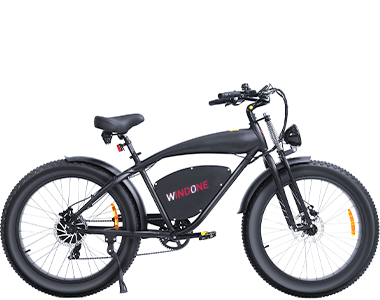
 Ebike Locks
Ebike Locks
 Phone Mount
Phone Mount
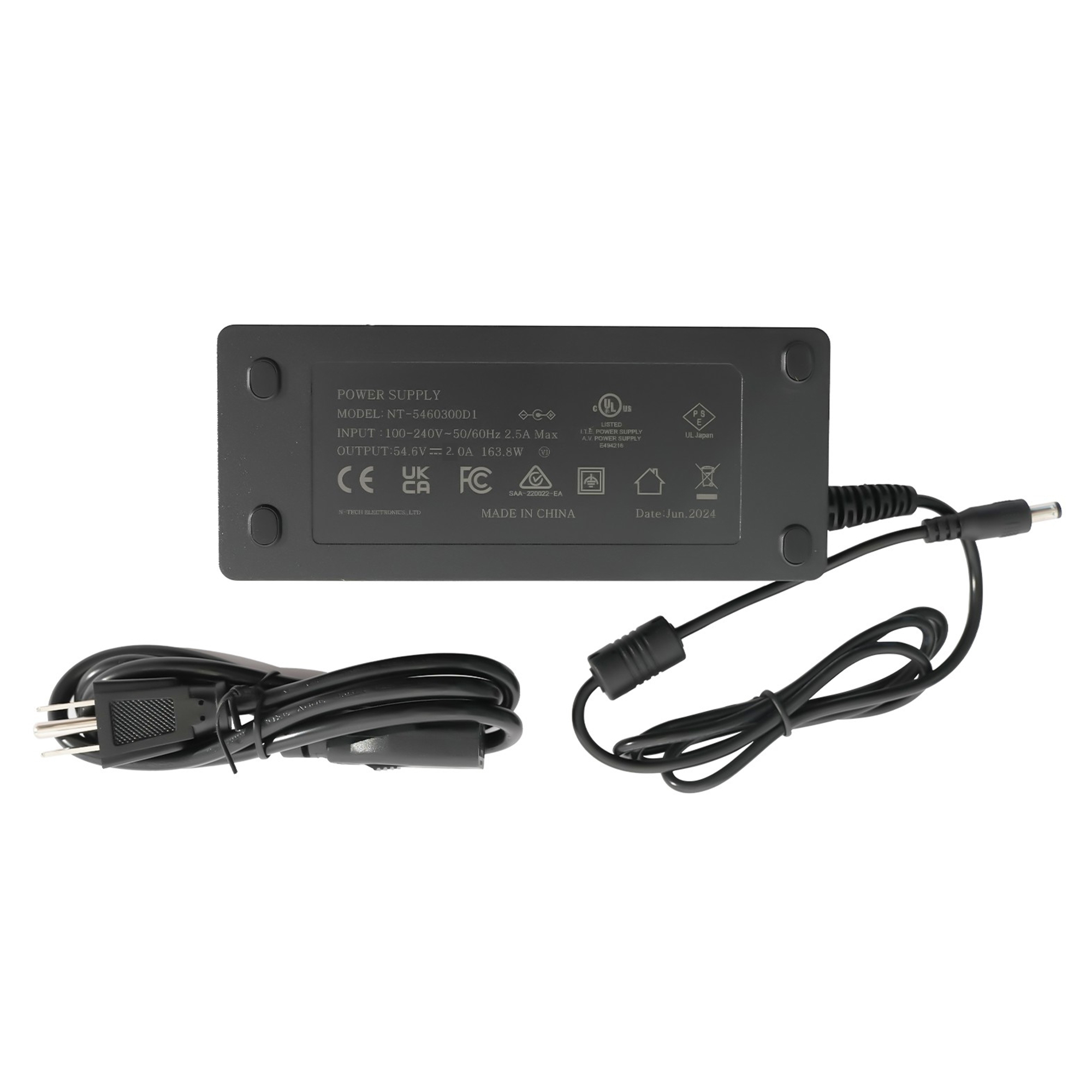
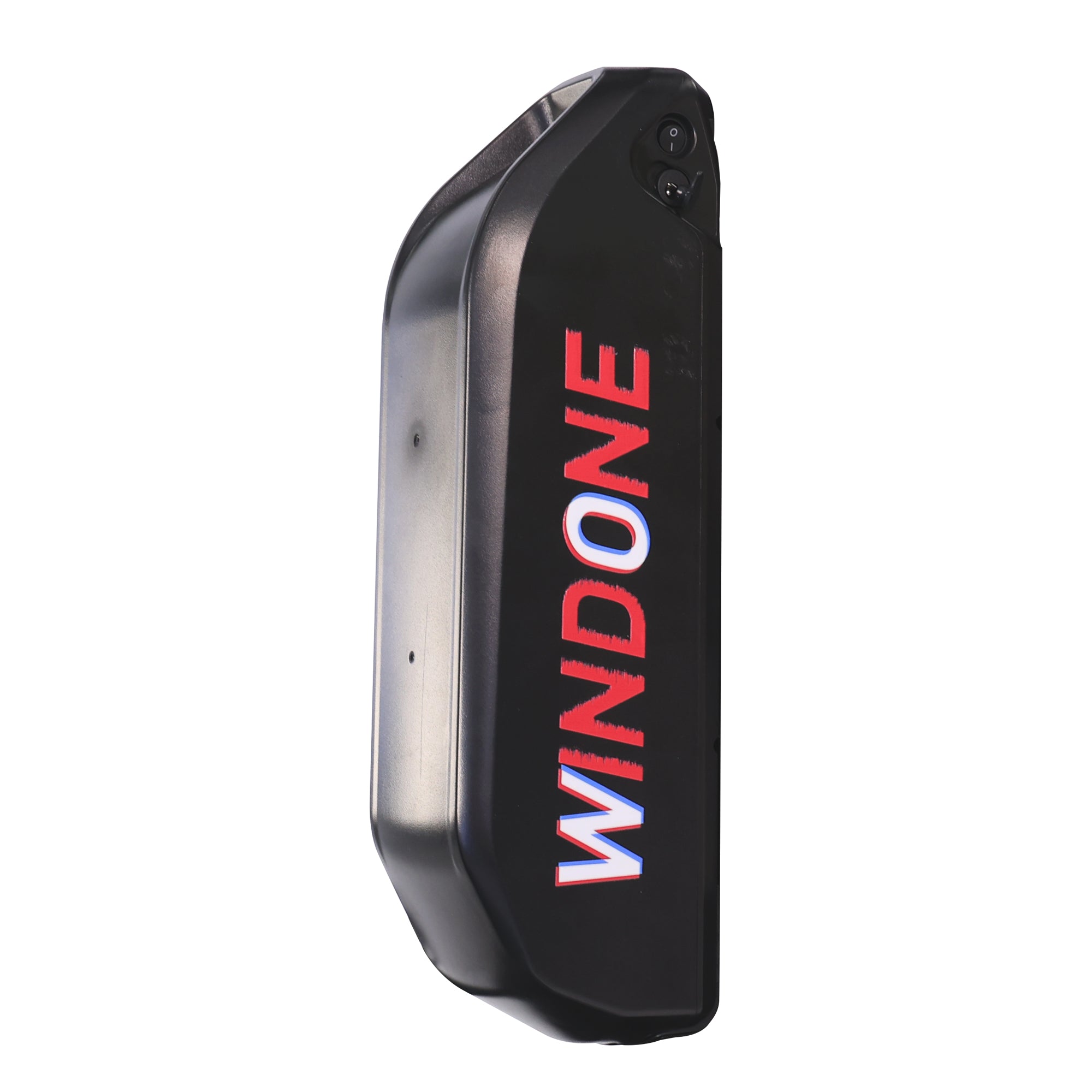
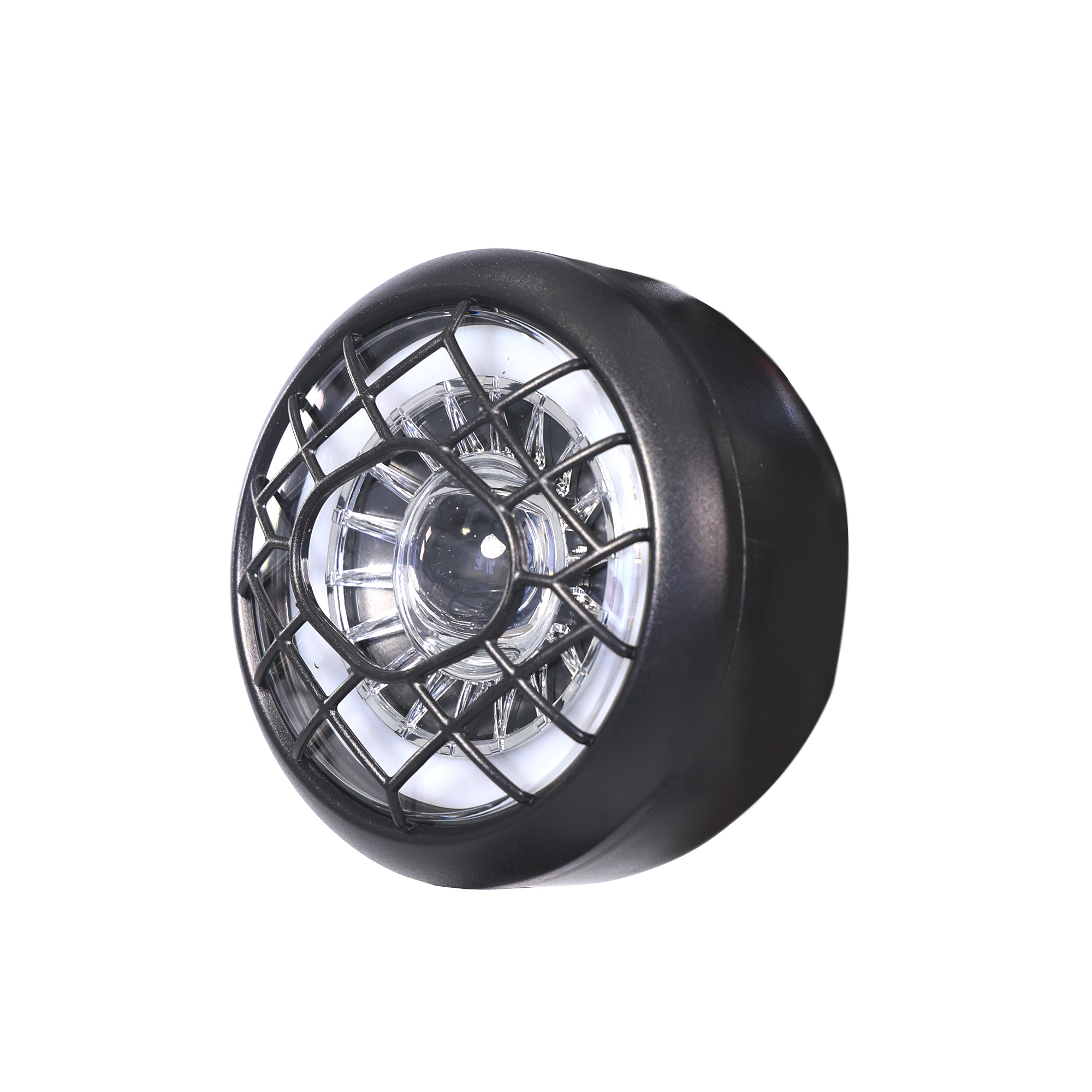
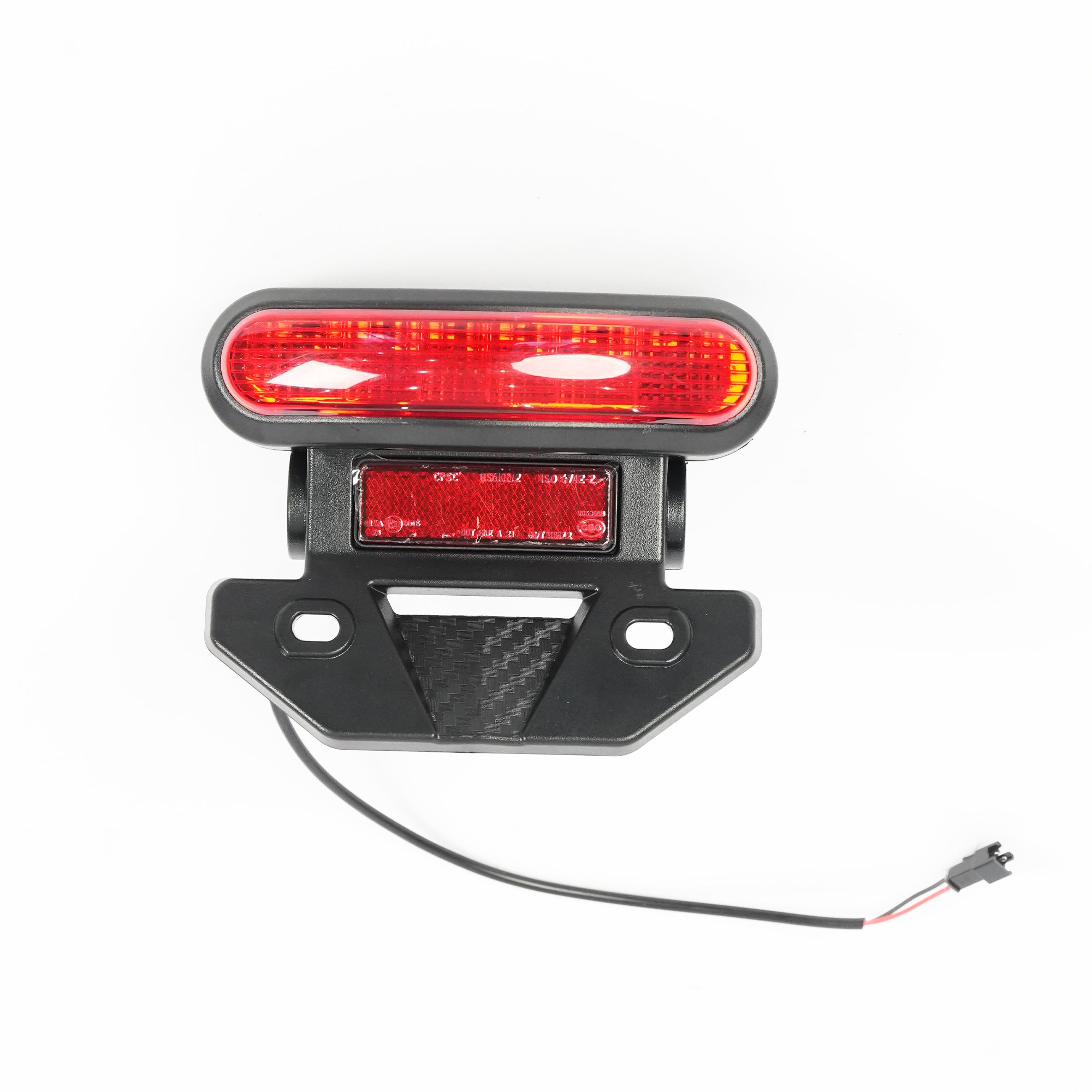
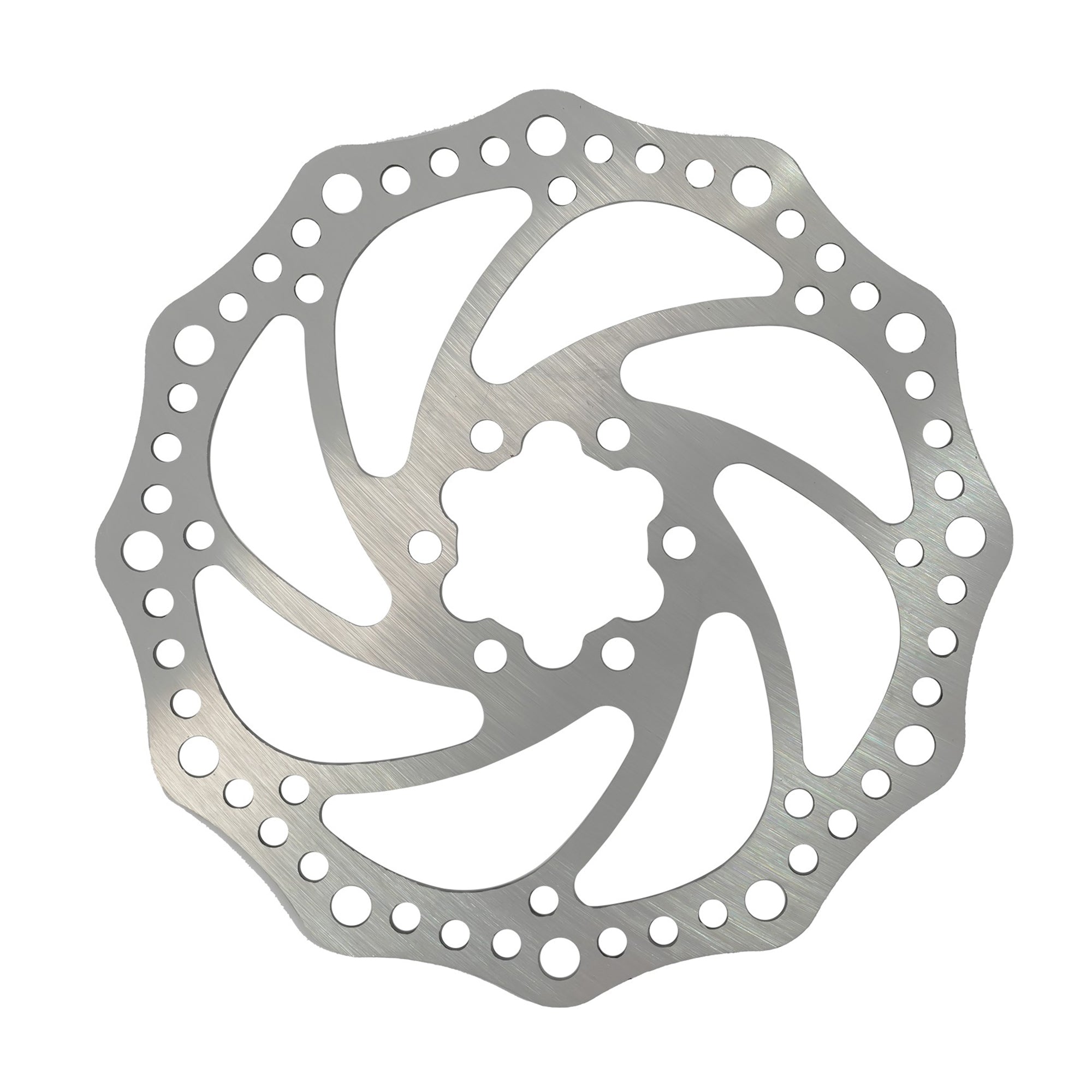
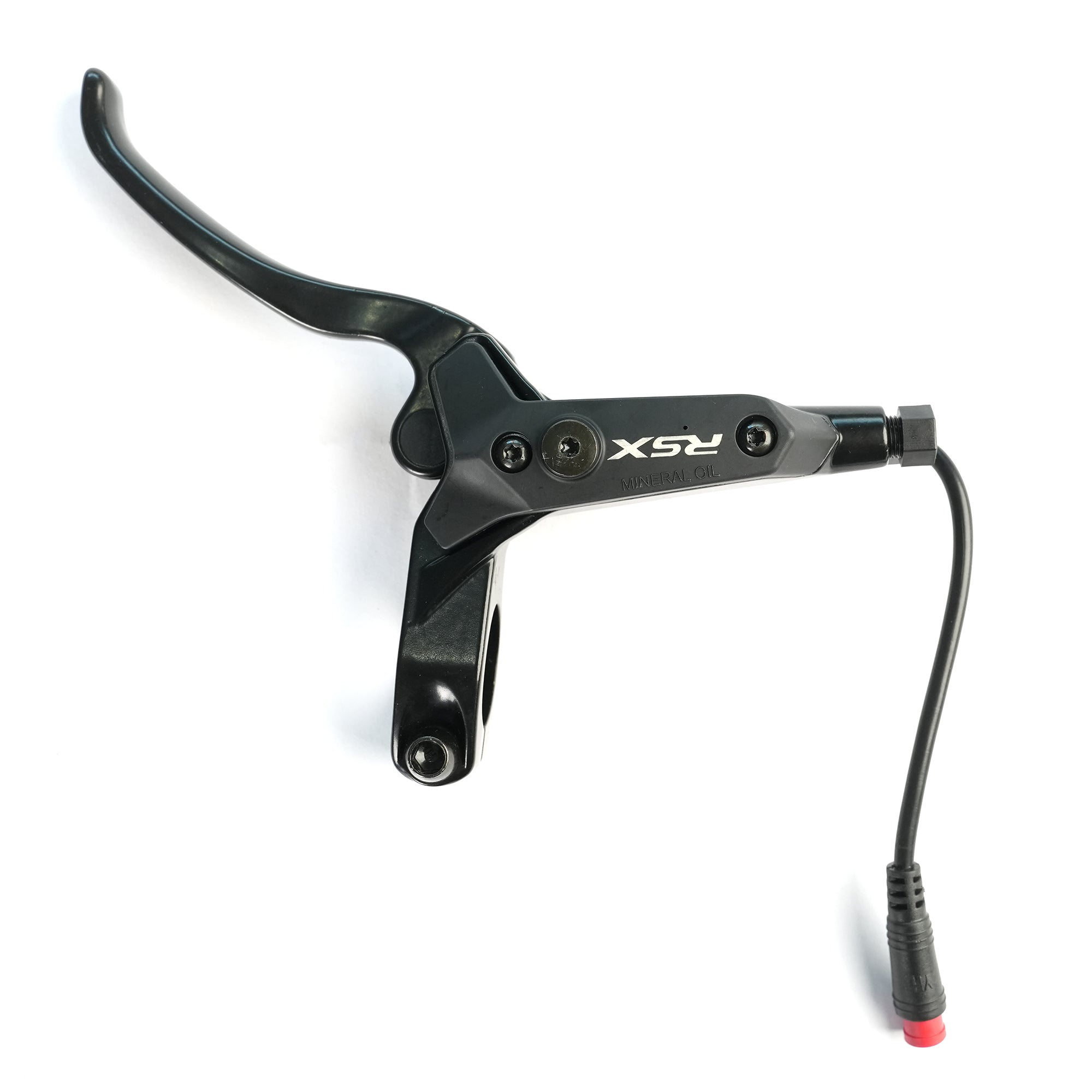
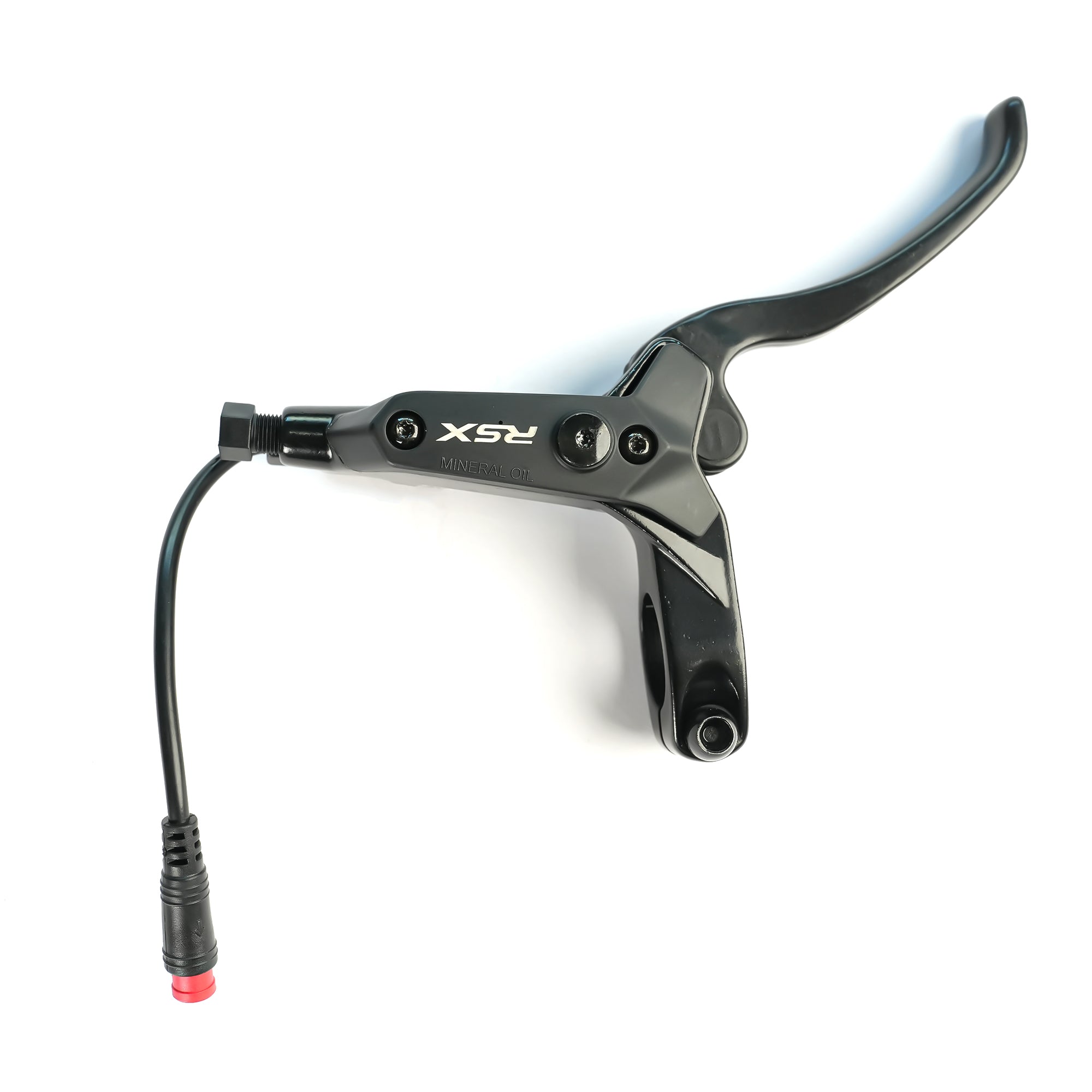
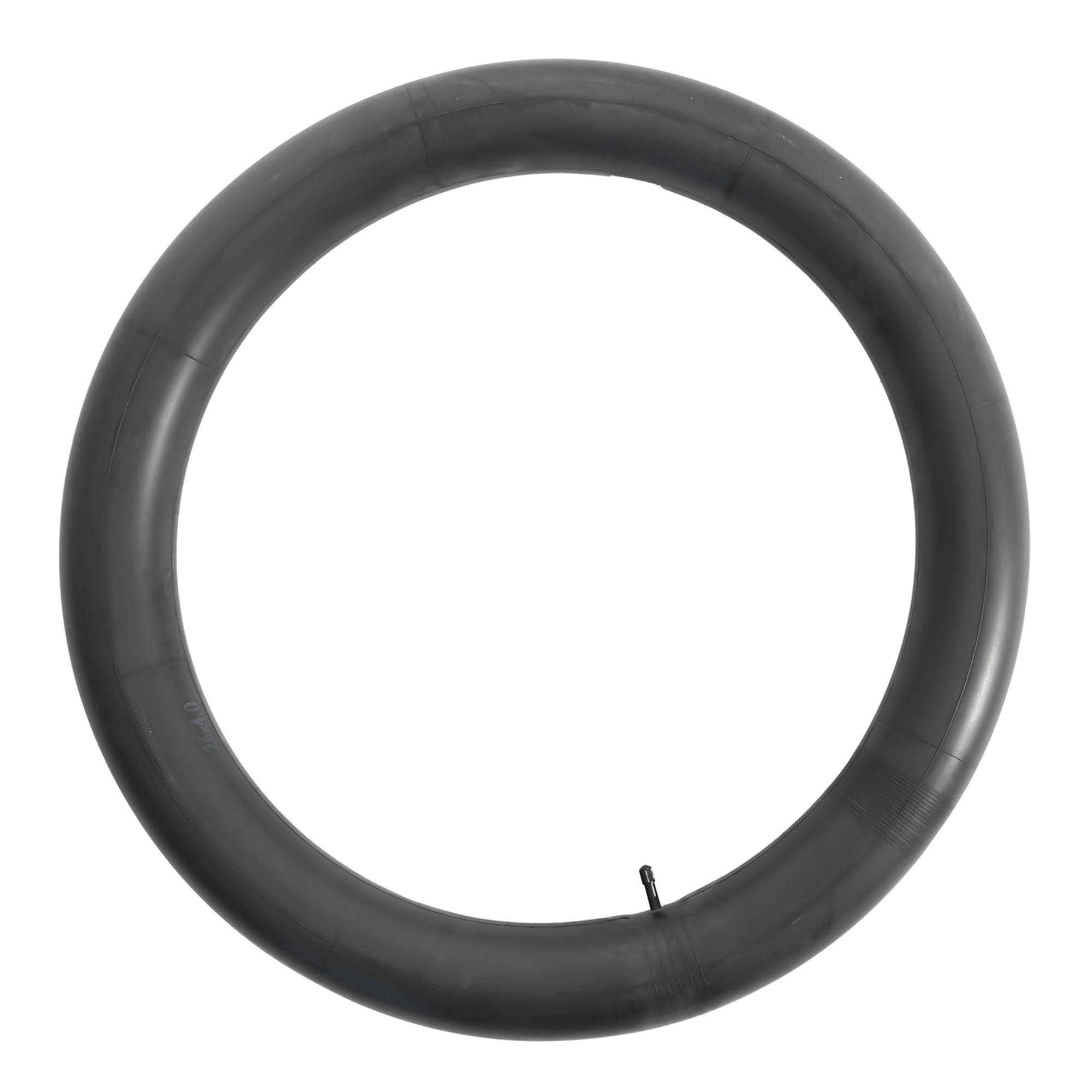

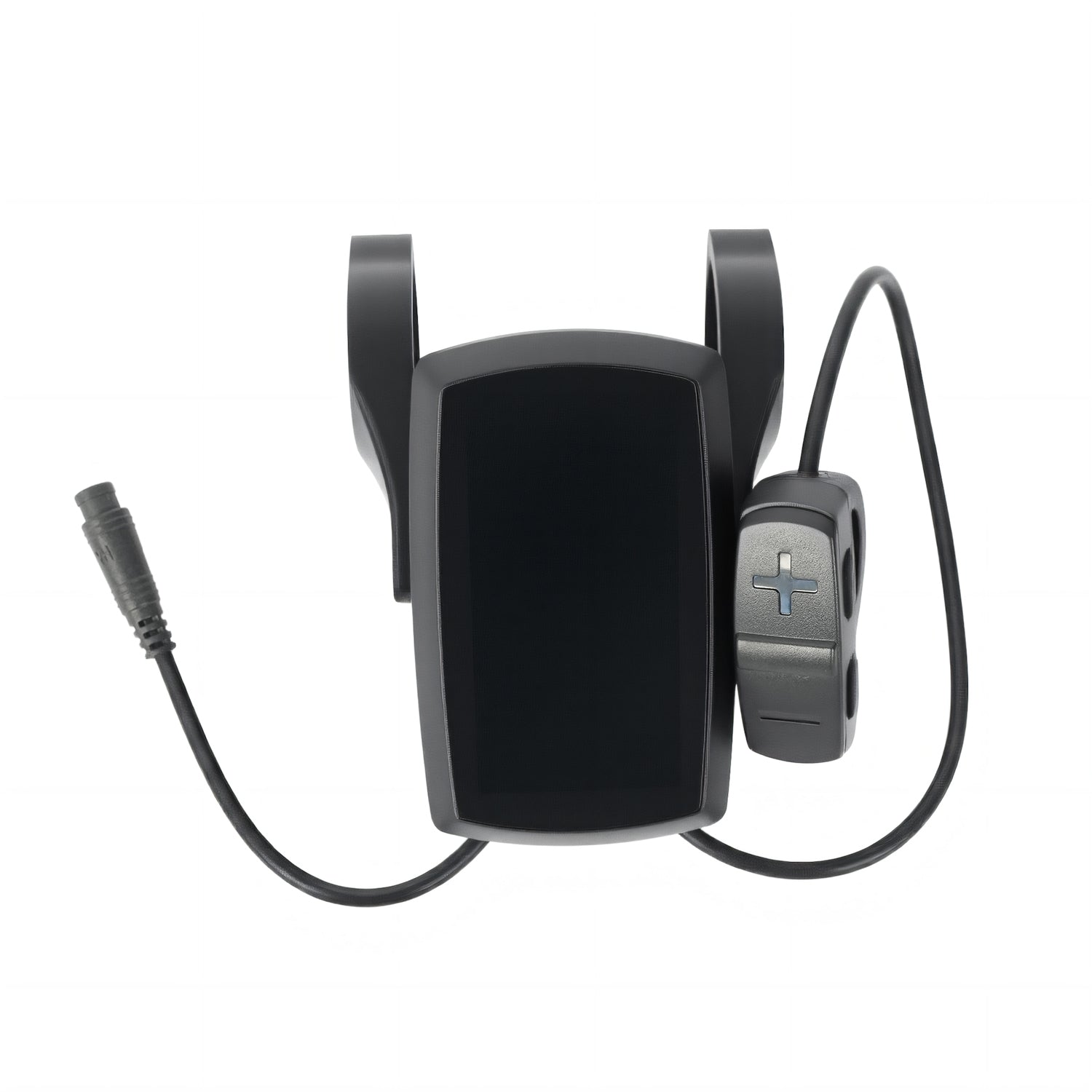
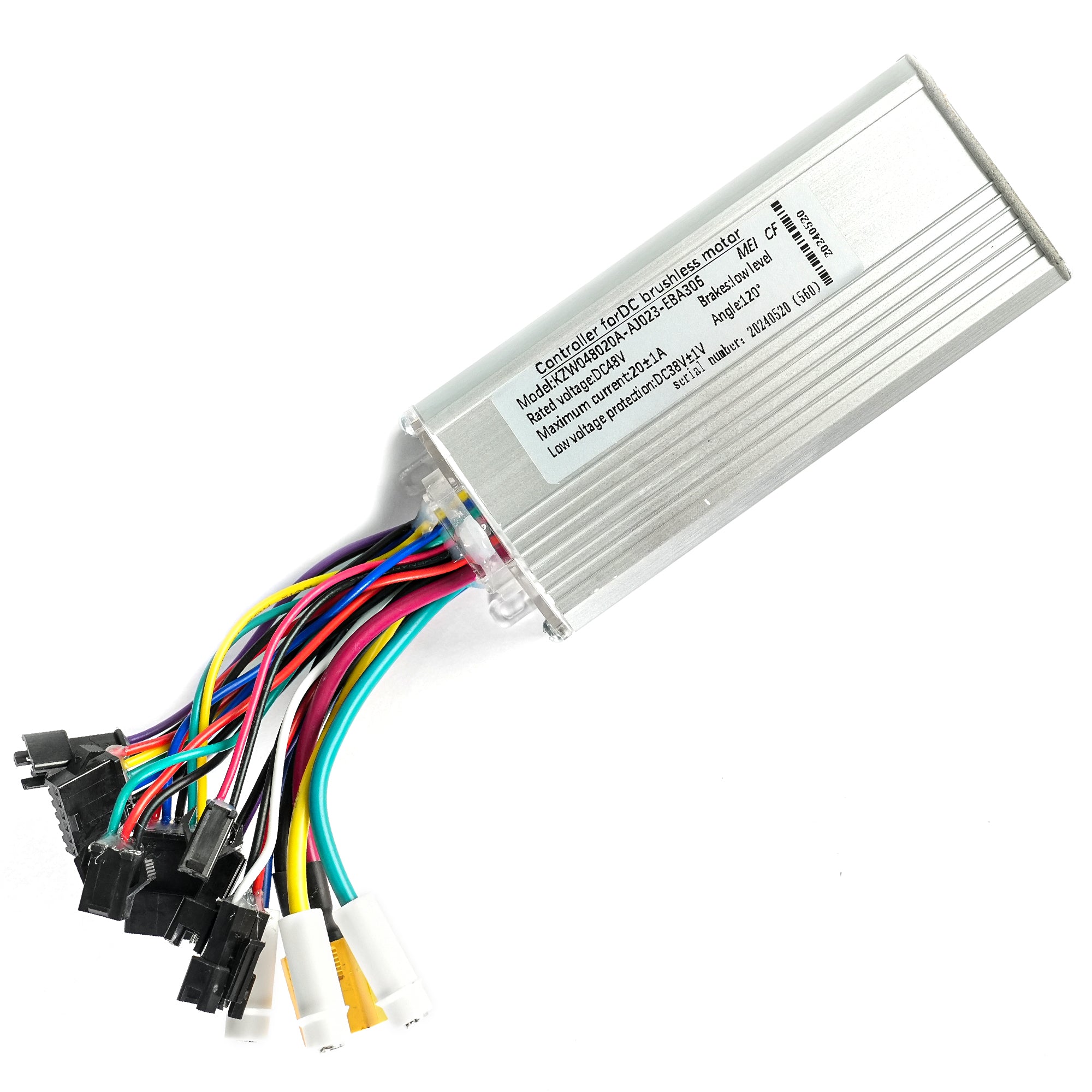
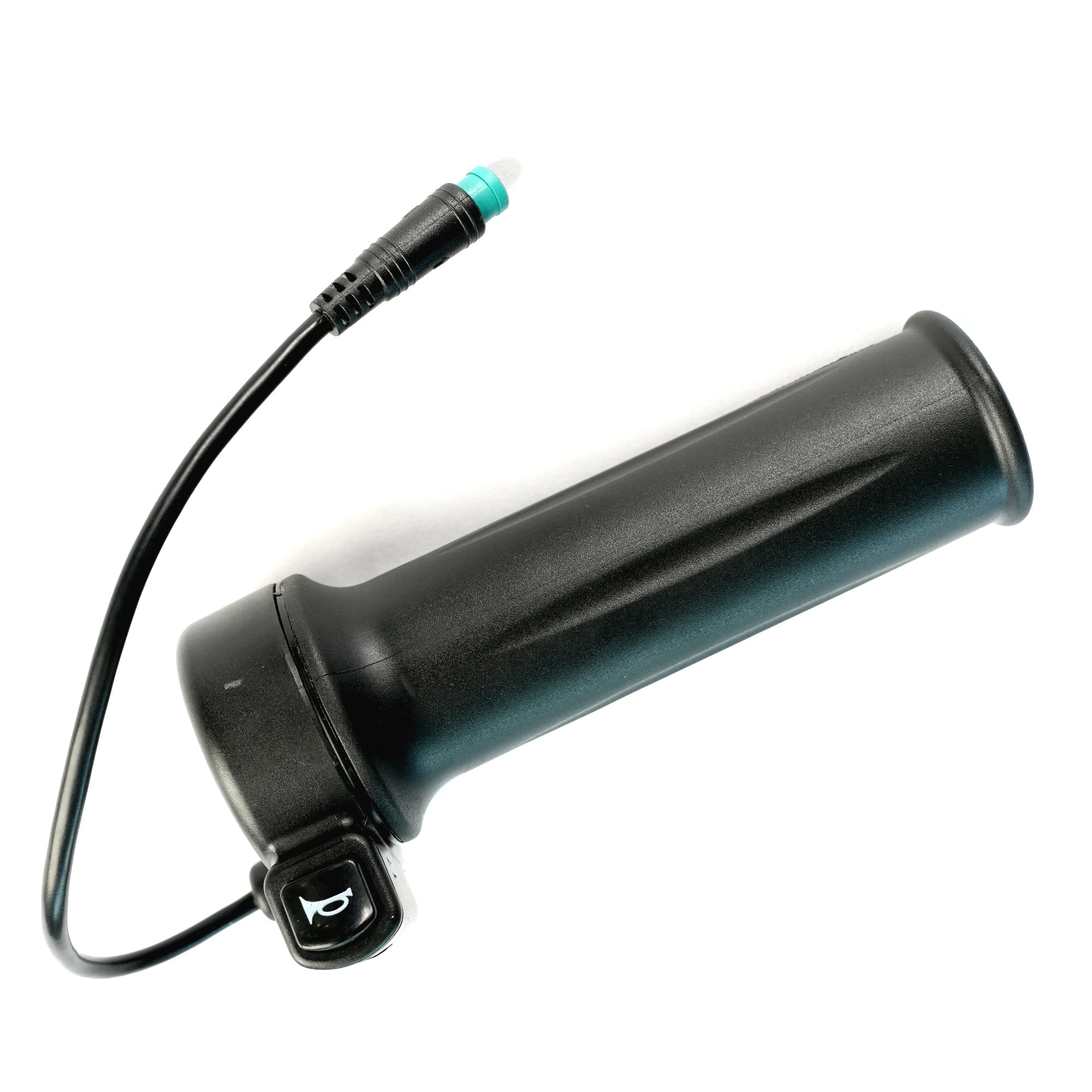
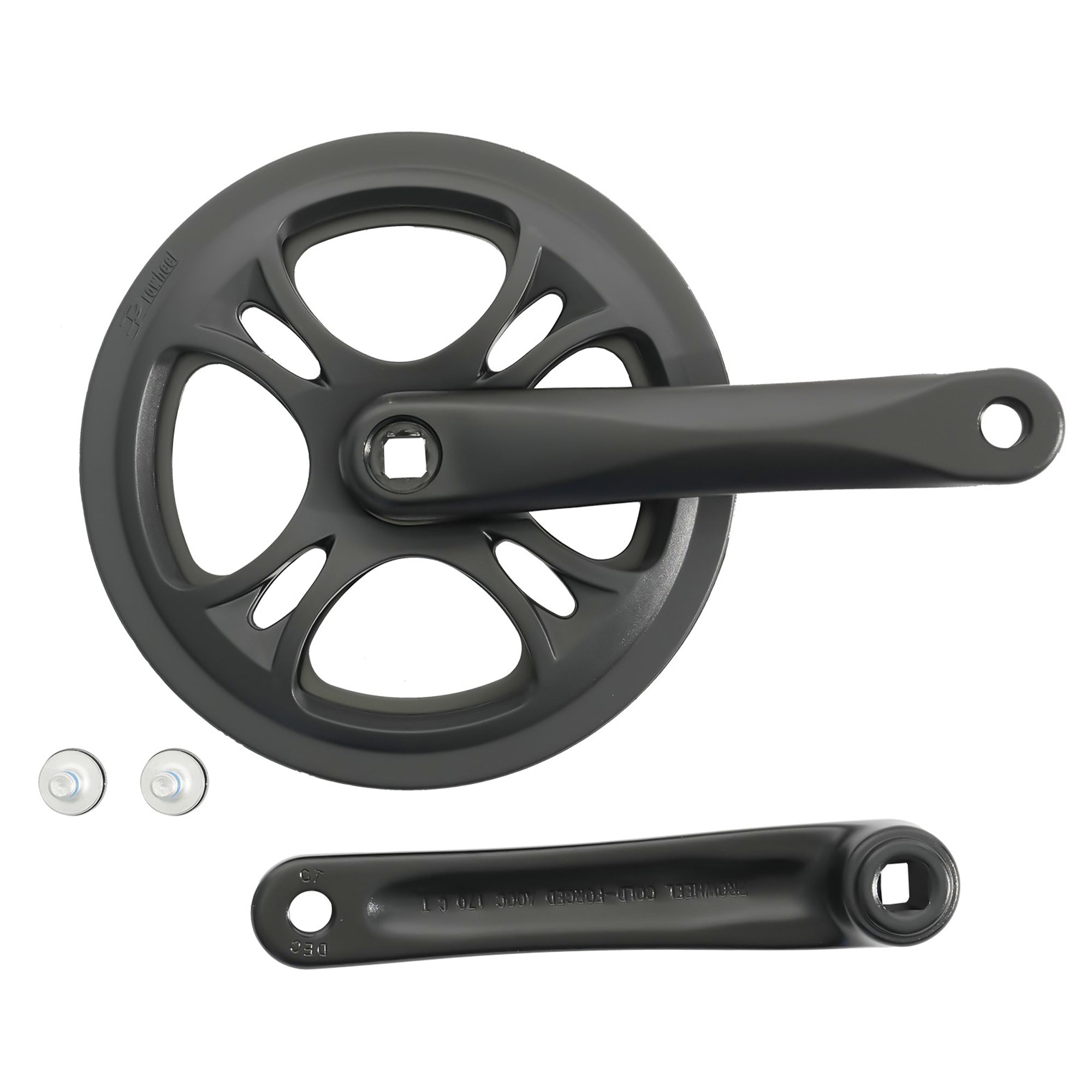
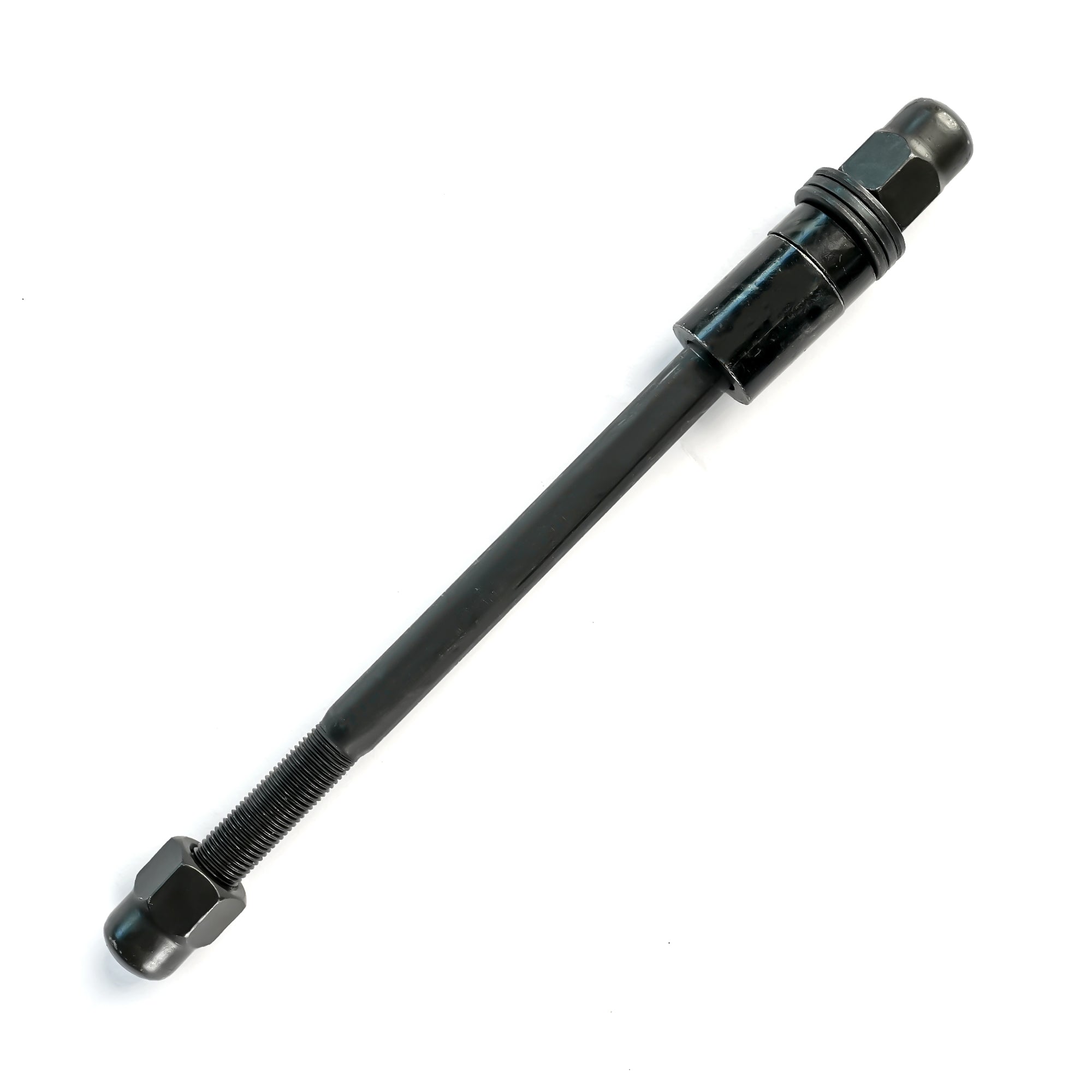
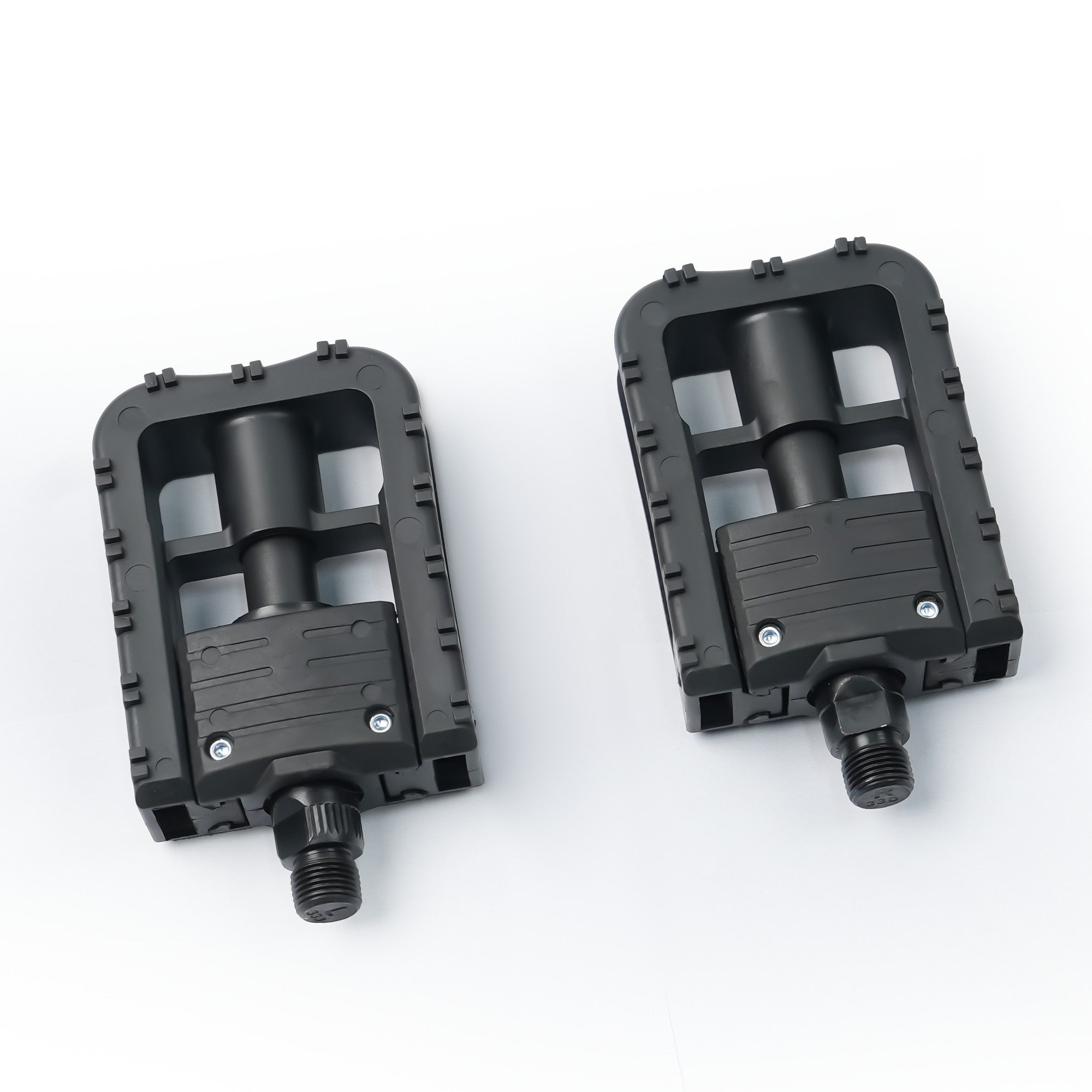
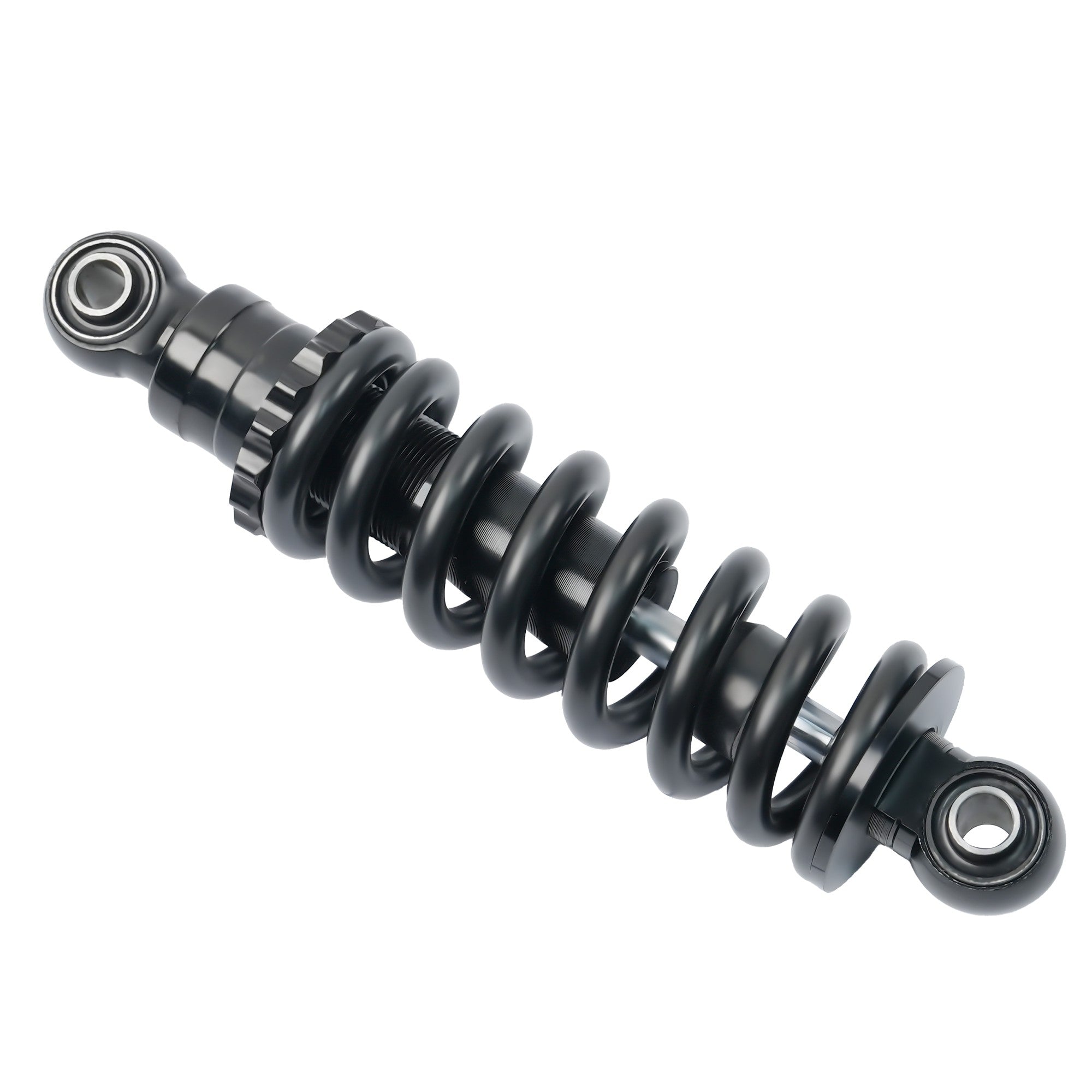
 Payment
Payment Afterpay Financing
Afterpay Financing Warranty
Warranty Shipping Policy
Shipping Policy Exclusive Discounts
Exclusive Discounts Track Your Order
Track Your Order Return & Refund
Return & Refund Referrals & Membership
Referrals & Membership User Manual
User Manual Contact Us
Contact Us FAQs
FAQs


